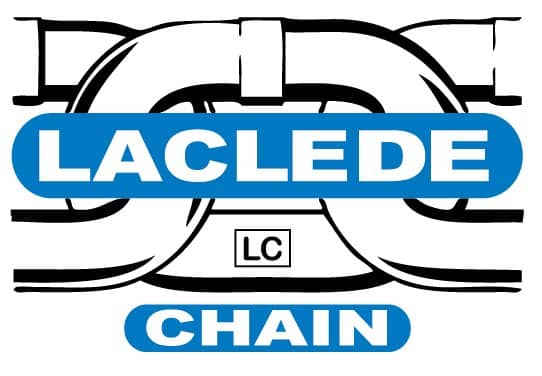Cargo Securement 101
Proper cargo securement is an essential aspect of trailer safety that every truck driver and fleet operator should prioritize to ensure everyone’s safety. Securing cargo properly not only protects the goods being transported and the driver, but also ensures the safety of other road users. In this article, we will provide you with everything you need to know about cargo securement for trailer safety.
Cargo Size and Weight
One of the critical factors to consider when it comes to cargo securement is the size and weight of the load being transported. The weight of the cargo determines the number of tie-downs required to secure the load properly. Generally, the Federal Motor Carrier Safety Administration (FMCSA) requires a minimum of one tie-down for every ten feet of cargo length. However, this requirement varies based on the type of cargo being transported. For example, other laws state:
- When loading heavy equipment over 10,000 pounds, a minimum four tie-downs are required and must be used on independent corners.
- When a tie down is subject to abrasion at the point where it touches the cargo, edge protection must be used to make the chain more resistant to abrasion, cutting, and crushing.
Cargo Type
Cargo type is another essential factor to consider when it comes to securement. The type of cargo being transported determines the type of tie-downs needed to secure the load properly. For example, lumber or steel pipes may require different tie-downs than a load of food products. Certain types of cargo require specific securement devices, such as a shoring beam or a decking beam.
Trailer Type
The type of trailer being used is also crucial when it comes to cargo securement. The most common trailer types used in the transportation industry include flatbeds, step decks, and dry vans. Each of these trailer types requires different securement methods to ensure that the load is transported safely.
Choosing the Right Tie Down Chain
When it comes to cargo securement, the type of chain used to tie down the load plays a significant role. There are different types of chains available, including grade 30, grade 70, and grade 80 chains. Grade 70 and grade 80 chains are the most commonly used chains for cargo securement due to their strength and durability. However, it is important to note that the strength of the chain used should match the weight of the cargo being transported.
Chain Inspection
The #1 rule of chain maintenance is inspecting your chain before every use, no matter the application. Before using any chain for cargo securement, it is important to inspect the chain for any signs of wear and tear. This includes checking for any deformities, cracks, or rust. Any chains that show signs of damage should be removed from service immediately.
Proper Chain Use
In addition to using the right type of chain and inspecting it regularly, there are other best practices for using tie-down chains. Here are a few tips:
- Make sure the tie-down is anchored to the trailer’s tie-down points or the vehicle’s frame. This ensures that the tie-down will not come loose during transportation.
- Use the right tension when tightening the tie-down. The tie-down should be tight enough to prevent the cargo from shifting, but not so tight that it damages the cargo.
- Make sure the tie-downs are evenly distributed across the cargo. This ensures that the weight of the load is evenly distributed, reducing the risk of damage or chain failure during transportation.
Additional Trailer Safety Resources
At Laclede Chain, we take trailer safety seriously. We understand the importance of cargo securement and are committed to providing you with the resources you need to live and work safely. To learn more about trailer safety, check out these resources:
- GVWR vs. GAWR: A Guide to Weight Ratings for Trailer Safety
In this article, we discuss the difference between Gross Vehicle Weight Rating (GVWR) and Gross Axle Weight Rating (GAWR) to help you ensure that the load being transported is within the safe weight limit of the trailer.
- Trailer Safety Chain Quick Facts
This article on trailer safety chains covers quick facts about the importance of trailer safety chains when it comes to trailer attachment.
Your Chain Questions Answered
Laclede Chain has provided high-quality tie-down chains to the transportation industry for over 100 years. If you or your customer have any questions about trailer chain applications or which type of chain is best for your uses, get in touch with a Laclede Chain expert.
